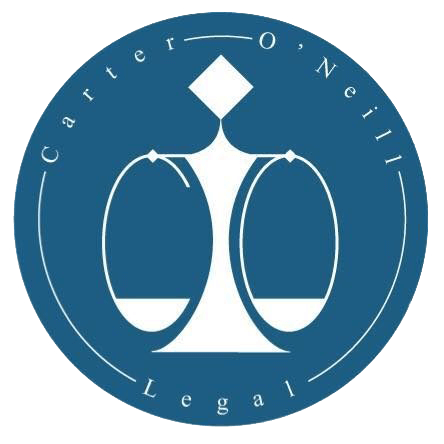Buying a Property? Our Conveyancing Expertise to Keep you Covered?
Bankruptcy and Family Law: What happens if my former partner is declared bankrupt?
January 10, 2021Buying off the Plan
January 10, 2021Conveyancing is the process of transferring the legal title of real property from one person to another. Buying a property is an important and stressful time of a person’s life (read more about this process here (redirect)). The aim of the conveyancing process is to ensure that the purchaser obtains marketable title and goods to the property with all the rights that run with the property. This process also ensures that the purchasers are appraised of any rights or restrictions prior to their purchase.
What do I need to know?
Our first step when reviewing a contract is to ensure that the vendor actually owns the property and has the right to sell it to you. These searches are attached to the contract and will also provide details about any encumbrances on the title. These encumbrances on the title include any mortgages, covenants and easements (redirect).
Other Searches and Enquiries, are they important?

The vendor must disclose to the purchaser certain things about the property before the contract is exchanged under their statutory obligation. However, unfortunately there is no legal obligation for the vendor to appraise you of everything involving the property. This means that in some instances the purchasers are not fully aware of the property, including defects affecting the property until the contract becomes unconditional.
‘Let the buyer beware’
– Latin Proverb
The old saying ‘Buyer Beware’ applies to contracts as the onus is on the purchaser to undertake any enquiries and searches to satisfy the property. These searches will inform you of anything affecting the property, for example if the property is affected by any current and/or known future licences or plans issued by government.
Special Conditions – What to avoid?
Special Conditions can be requested by any party to the contract before it is exchanged to deal with specific issues that are not covered in the standard conditions. It is important to note that when a contract is signed, there is generally no opportunities to add special conditions. In some circumstances, granted there is a cooling off period and the contract is still conditional, it may be possible to negotiate amendments.
These Special Conditions may arise from the searches conducted on the property and can provide the purchaser with additional rights or protections. An example of this is a Special Condition may oblige the vendor to complete work on the property or that the contract is subject to satisfactory searches. However, the Special Conditions inserted by the vendor may for example prevent the purchaser from rescinding or amending the contract if something onerous is found in a search conducted after the contracts are exchanged, such as a pest and building inspection.
It is important in any conveyancing transaction, whether you are the buyer or seller, that the special conditions are tailored to protect your rights and interests. Here at Carter O’Neill Legal, we can advise you on the effect of Special Conditions and review your needs to ensure they are properly protected in the contract. Contact us today on (02) 4308 8892 for all your property law needs.
